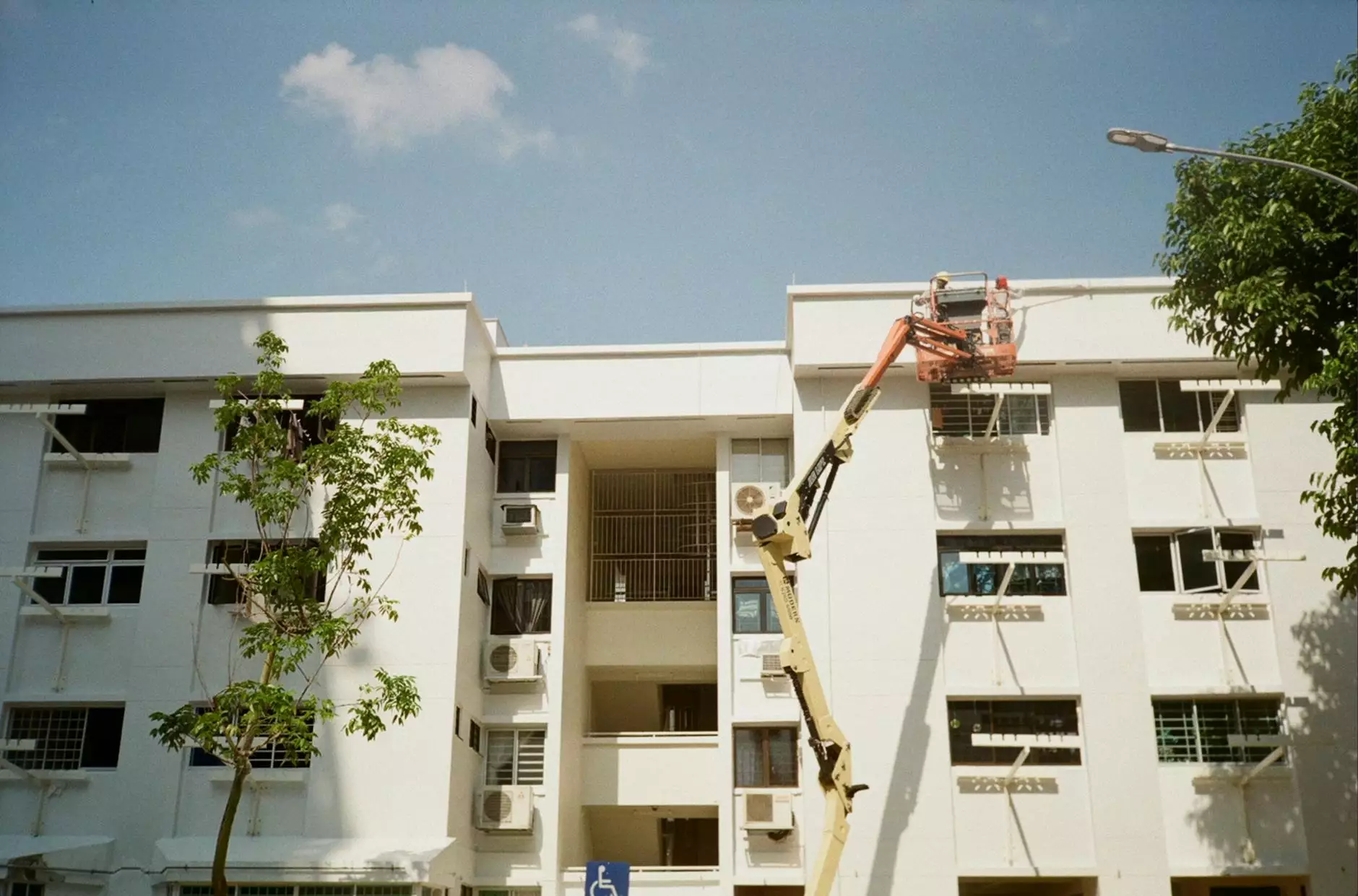Understanding GST on Rental Properties

The Goods and Services Tax (GST) has revolutionized the landscape of taxation in many countries, including Australia. One of the pivotal areas affected by GST is the rental property market. Understanding how GST operates in this sector can help landlords manage their finances better while ensuring compliance with tax regulations. In this article, we will delve deeply into the topic of GST on rental properties, examining its implications, benefits, and challenges.
What is GST?
Goods and Services Tax (GST) is a broad-based tax on the supply of goods and services, including rental accommodations, within the economy. In Australia, GST is set at a rate of 10%. It is designed to be a value-added tax that incorporates various indirect taxes, streamlining the tax system.
The Impact of GST on Rental Properties
Understanding how GST impacts rental properties is crucial for property owners and investors. Unlike regular goods and services, the rental sector has specific rules and implications regarding GST:
- Residential Rentals: Generally, residential property rentals are exempt from GST. Therefore, landlords do not charge GST on the rent, nor can they claim GST credits for associated expenses.
- Commercial Rentals: Commercial properties, on the other hand, are usually subject to GST. Landlords must charge GST on the rent for commercial properties and can claim GST credits for related expenses.
Residential Rental Properties: An Exemption from GST
In the realm of residential properties, the GST law states that the supply of residential premises is input taxed. This means that tenants are not required to pay GST on rent, making it more affordable for them. For landlords, this presents both advantages and challenges:
Advantages:
- Lower costs for tenants, which can enhance occupancy rates.
- No administrative burden of charging GST on rentals.
- Stability in cash flow since residential properties tend to have a consistent demand.
Challenges:
- Landlords cannot claim GST credits on their expenses, which can increase overhead costs.
- Potential loss of competitiveness compared to properties in the commercial sector where GST is applicable.
Commercial Rental Properties: A GST Perspective
For landlords leasing commercial properties, the situation is different. Here, they must understand the dynamics of applying GST on leases:
The GST Responsibilities of Commercial Landlords
When renting out commercial properties, landlords are required to:
- Charge GST: Rent for commercial properties must include a 10% GST charge. For example, if the monthly rent is AUD 2,000, the landlord must charge AUD 2,200 including GST.
- Invoice Requirements: Landlords must provide tenants with valid tax invoices that indicate the amount of GST charged.
- Claim GST Credits: Landlords can claim GST credits on related business expenses such as maintenance, repairs, and property management fees.
Input Tax Credits and GST Registrations
Landlords of commercial properties must consider registering for GST if their turnover exceeds the threshold of AUD 75,000. Once registered, landlords can:
- Claim input tax credits for the GST included in their purchases.
- Offset their output tax liabilities with any input tax credits they claim, reducing their overall GST liability.
GST and Property Development
For property developers, the implications of GST are multifaceted. When engaging in new developments or renovations, developers must be aware of whether they will be considered as making a taxable supply:
New Properties
If a property developer sells brand new residential properties, GST will apply, allowing for GST credits on construction costs. This offers a distinct advantage in cash flow and investment recovery.
Renovations and Existing Properties
For existing residential properties, renovations that improve the property significantly may lead to GST implications, especially if sold for the first time post-renovation.
Managing GST Compliance
Both residential and commercial property owners must ensure they comply with GST regulations. Here are some strategies:
- Stay Informed: Regularly review tax obligations and changes to GST laws.
- Consult Professionals: Engaging with financial advisors or tax accountants can help mitigate risks and ensure compliance.
- Accurate Record-Keeping: Maintaining precise records of all transactions, including rental income and related expenses, is crucial for effective GST management.
Conclusion: The Future of GST on Rental Properties
As the tax landscape continues to evolve, both landlords and tenants must navigate the implications of GST on rental properties. While residential landlords enjoy the exemption of GST on rental income, commercial landlords must adeptly manage their GST responsibilities. Understanding these nuances not only ensures compliance but also enhances financial planning and investment strategies.
The importance of consulting with experts in financial services, such as tax accountant professionals at taxaccountantidm.com, cannot be overstated. They can provide invaluable insights into maximizing tax benefits and navigating the complexities associated with GST.
In summary, awareness and proactive management of GST in rental properties is key to flourishing in a competitive market. By leveraging professional advice and staying updated on tax regulations, property owners can optimize their investments for the future.









